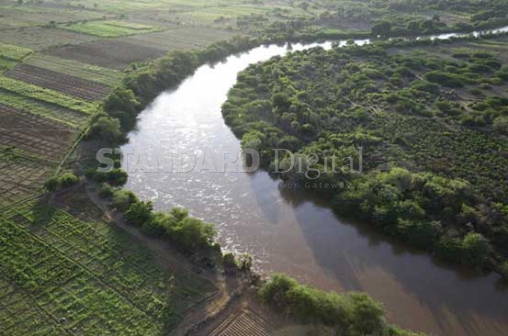
It is unfortunate that majority of Kenyans cannot differentiate between Mandera, Wajir and Garissa counties. This is why when 12 people were killed in an attack on a lodge in Mandera on October 25, 2016, I received texts and phone calls asking whether I was okay. I could not have been any better because I was in Garissa.
Fondly referred to as MDR by residents, Mandera County borders Ethiopia and Somalia, forming a triangle. The weather in Mandera town is tolerable compared to other parts of North Eastern. This could be as a result of River Dawa that flows between Mandera and Suftu, a town across the Kenya-Ethiopia border.